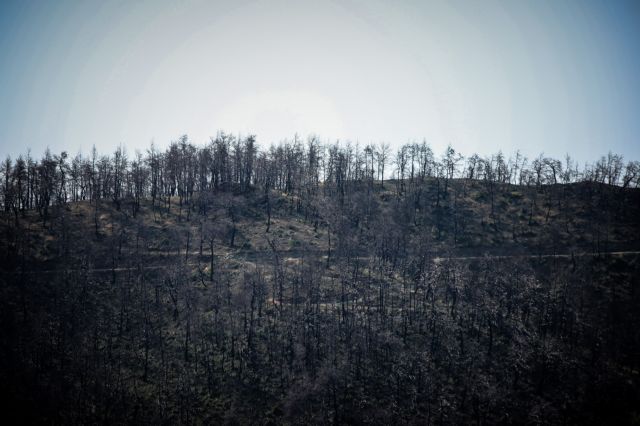The great fire in Evia which is burning down virgin forests is a reminder of our future.
It came to remind us again in a resounding manner that the times are changing dramatically, that the climate is evermore affecting our lives, that our summers will be beset by the flames, and that our winters will be heavy and violent.
Undoubtedly, Greece has entered a difficult cycle of catastrophic natural phenomena which by all indications and scientific projections will continually expand.
This development is not exclusively Greek but rather global.
It concerns everyone all around the world.
There is no country that does not experience similar violent and catastrophic phenomena as a result of global warming.
From Siberia and Alaska and Greenland to the edge of the Arctic Circle, and from the Mediterranean to the Canary Islands, fires are burning virgin forests and testing the fire-fighting capabilities of even the most developed countries.
Similarly, the southern hemisphere faces catastrophic rainfalls, unprecedented deluges, landslides, and intense phenomena that presage what will come in the winter in the northern hemisphere.
A new climatic reality is emerging each year and there is no indication that this trend will change in the foreseeable future.
That means that we must adjust, prepare, and equip ourselves suitably to handle an evolving cycle of natural disasters.
The more we realise our entry into this new climatic cycle the better we can respond as a country and society to the needs of this threatening period of indeterminate length.
That is precisely the responsibility of the state – to realise the great threat, to prepare society properly, and to acquire the forces and capabilities to address it properly with the lowest possible cost.




